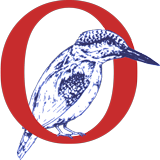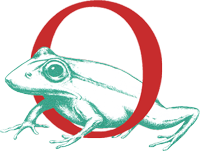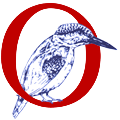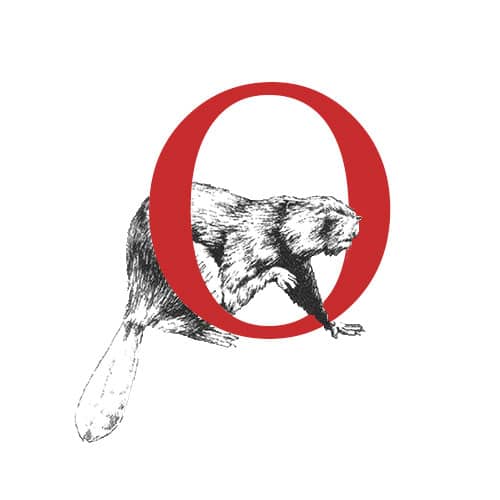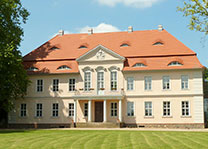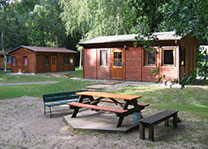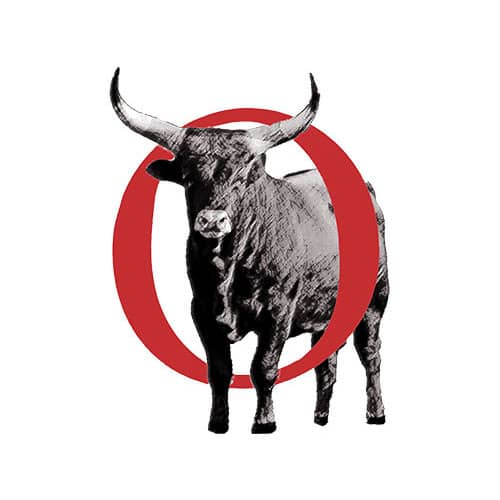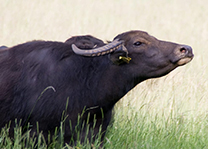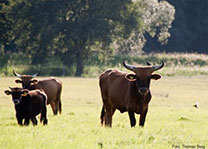Learning from Poland means learning to win!
The only national park in Brandenburg is currently being completely fenced in like a large zoo, only without the elephants! Hoofed animals such as moose or bison are no longer able to migrate, only birds can still fly freely. High metal fences block the way for the other animals, including visitors who want to recover from the anti-corona measures and are now stumbling from gate to gate. Now, as is usually the case in winter, the Oder Valley is just full of water, for the caged animals, not only the bad pigs, but also the good deer, there is no escape from this “zoo”, they fail at the fences and die miserably.
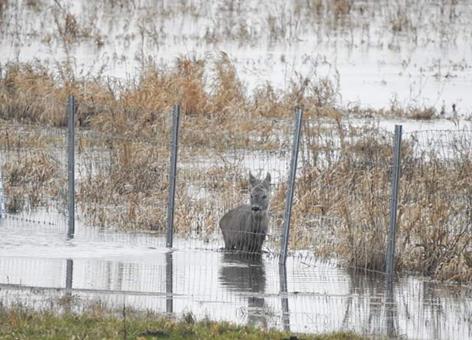
Photo: Facebook
The reason for the incredibly expensive and complex fences across the country is the desperate attempt by the responsible authorities to stop the advance of African swine fever (ASF) on the eastern front, above all to stop the pig barons with their factory farming, preferably in Lower Saxony and North Rhine-Westphalia protection. Their business principle is to import soy feed from South America grown on destroyed jungle areas and to export the pork, preferably to China.
This attempt is, however, clearly doomed to failure. Viruses cannot be stopped. African swine fever, which was transported from Africa by ship to Georgia and from there gradually to the west, is a viral infection that has so far been harmless to humans but is very deadly for pigs, for which there is no vaccine and no antidote. However, it is not only transmitted from pig to pig, but also via meat and sausage products from infected pigs. Rodents and ravens nibbling on infected, dead game are also possible vectors, and they are not stopped by the anti-virus protection wall on the eastern front, which now has to be moved further and further west, because it already exists Sources of infection west of the currently fenced line of defense.
For nature conservation, the situation is dramatic. All experts from the WWF to the Lower Oder Valley National Park Administration agree, but are not heard. Terrible scenes take place on the fences, roe deer get caught in the fence with their horns and die miserably. Animal welfare looks different.
Within the fence, all poor pigs are to be killed in every conceivable way, 365 days a year, day and night, a hunter’s honor no longer counts. Traps are also set up. But, as I said, there are other ways of infection.
The fences are also dramatic for wolf management. Herd protection with high electric fences still works quite well at the moment. Although the wolves can jump over it, they have not yet learned or practiced it. It was not necessary. Now fences are blocking their hiking trails everywhere. The intelligent animals quickly learn to jump over high fences, the previous herd protection will then no longer work well, and coexistence between humans and wolves will be difficult.
Other countries take different paths than Denmark or Germany, which are heavily influenced by factory farming. Our eastern neighbour, Poland, simply lets the epidemic pass, knowing that all expensive countermeasures are ultimately pointless and ineffective. Poland is stubbornly refusing to erect border fortifications on its western border as well. The federal government also does not want to finance the expensive fun of the countries that are also responsible for disease control according to the Basic Law. Part of the wild and domestic pigs will become infected and die, while another, resistant part of the population will survive and become the starting point of a new and healthy one. Poland recommends its factory farmers to protect their stables themselves. Even today, normal mortals cannot get into these fortresses. In any case, from a nature conservation point of view, one can only say once again in this case: Learning from Poland means learning to win!
dr Ansgar Vossing
